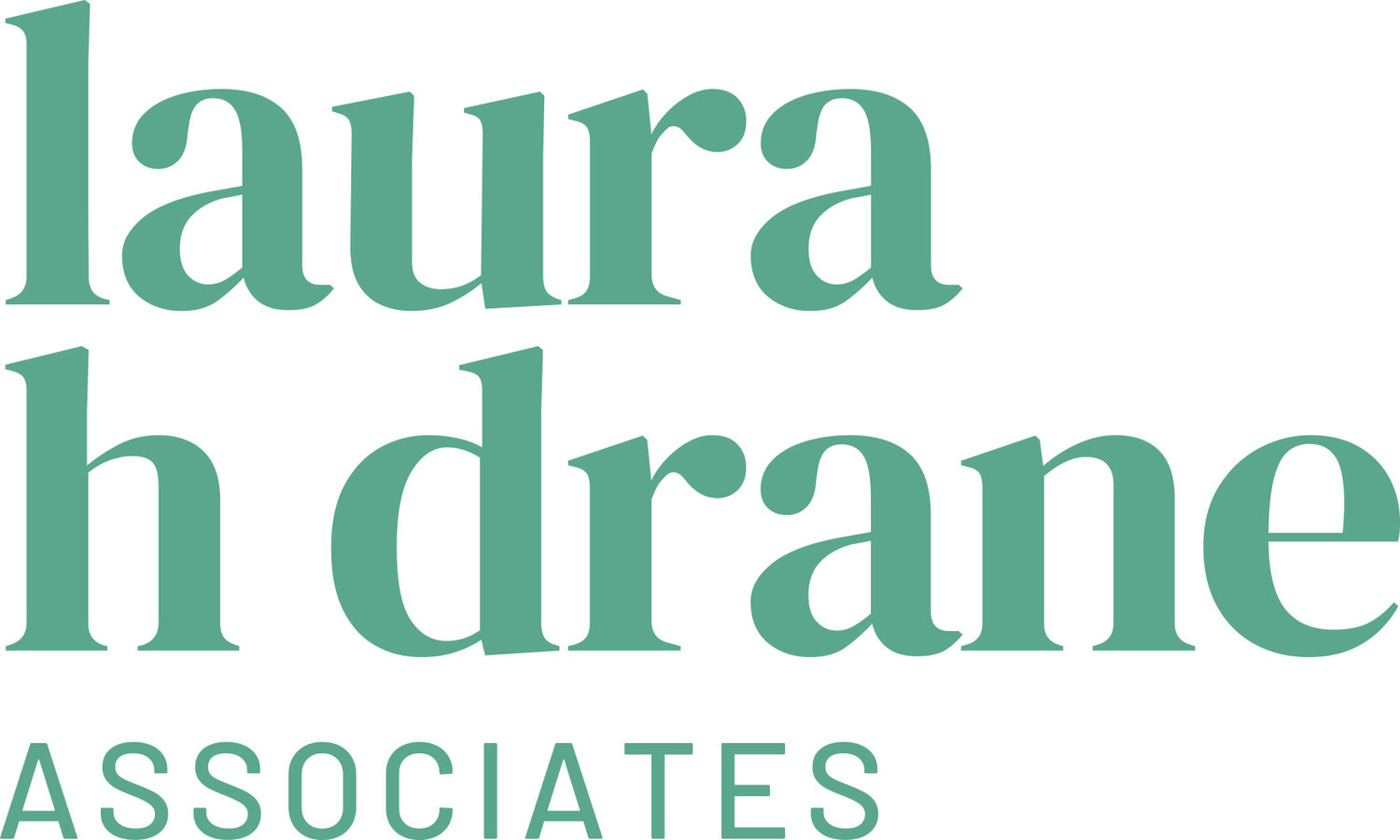Two essentials for funding applications right now
I often get asked what the latest trends or practices are around writing funding applications or undertaking bidwriting. So, here’s my top two recommendations…
1. Research
Before you even write anything - research! What do you need to know about any given opportunity to check if it’s right for you? Do keep a record of all your research into funders and their schemes if you can even if you don’t apply now – it will help when you might want to remember and consider applying with something else in the future.
Then do your feasibility checking and prospect the opportunities - can you manage this application within the timeframe for submission eg their deadline? How good is the fit really between what you want to do and what change they are looking to make in the world?
2. Writing
This is still the focus of most funding bids, even though some are starting to allow video/audio and/or in-person pitches. So focus on what and how you write! Some top tips include:
Always write to what they asked you, not what you wish they had asked you
Check your assumptions - what do you assume they know/ is obvious to you that’s not to them (who is the reader, do they know the same lingo/acronyms as you?)
Mirror key words from their guidance or questions back to them in your answers (eg mention to ACE that you know their strategy, Let’s Create)
Use bullet points to break up text and help reduce word/ character counts
Make sure your application is a mix of story and stats – an application with all narrative and no evidence or research or SMART targets is flimsy
Remember that all funders are interested in your credentials and experience, but are funding you to go from where you are now to that thing in the future – don’t overly dwell on past glories
If you’re struggling to convey something or your text is all superlatives (eg innovative, unique, incredible) try to give clarity using: “For example…”
Beyond doing your research and focussing on your writing, there are just a few other things I’d mention too:
1. Get someone externally to read your application – a critical friend who doesn’t know much about your idea; and then get them to ask you questions to help understand what came across or what didn’t. Otherwise, build in enough time to leave it for a day or two to come back to it fresh. Lastly, if time is really tight, then read it out loud to yourself from a screen or printed copy – it really does work!
2. Remember that every funder is basically looking for a good idea that will be well managed and give value for money. Some will also take interest in whether others are investing in you or will do so if you get an award, because that shows competence.
3. Think about this like a job application – you want to stand out for all the right reasons; you wouldn’t send the same covering letter to McDonalds and NatWest so don’t just cut and paste. Demonstrate how you meet their person spec and job description so that they can choose you to help them achieve the organisation’s goals etc.
And finally… almost every funder of any sort that I’ve worked with in the last 20 years has wanted to see evidence of need and potential for impact. And no you don’t need a professional bidwriter or fundraiser – do it yourself, build your research, hone your skills and if you really want to involve someone like that, keep your costs down and ask them to proof a major draft and ask questions/ give feedback. Good luck!
